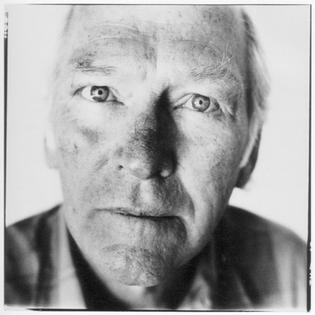A Quote by David Papineau
Nearly everybody nowadays accepts the 'causal completeness of physics' - every physical event (or at least its probability) has a full physical cause. This leaves no room for non-physical things to make a causal difference to physical effects. But it would be absurd to deny that thoughts and feelings (and population movements and economic depressions . . .) cause physical effects. So they must be physical things.
Related Quotes
A century ago mainstream science was still quite happy to countenance vital and mental powers which had a 'downwards' causal influence on the physical realm in a straightforwardly interactionist way. It was only in the middle of the last century that science finally concluded that there are no such non-physical forces. At which point a whole pile of smart philosophers (Feigl, Smart, Putnam, Davidson, Lewis) quickly pointed out that mental, biological and social phenomena must themselves be physical, in order to produce the physical effects that they do.
We're not in the physical world. The physical world is in us. We create the physical world when we perceive it, when we observe it. And also we create this experience in our imagination. And when I say "we," I don't mean the physical body or the brain, but a deeper domain of consciousness which conceives, governs, constructs and actually becomes everything that we call physical reality.
Your body, which is very physical, is under the influence of your thoughts, your feelings, your emotions, your dreams, your fantasies, your desires, your instincts, your drives, your imagination. All these things orchestrate themselves - all these internal activities that are in the invisible domain that we call consciousness actually have very precise physical effects both in our biology, but they also influence our perception of the world.
All things which have a directing force here in the physical world cease to exist when one arrives in the imaginative world. If, on the physical plane, you imagine yourself to have done something you actually have not done, you will soon be persuaded by the facts of the physical world that this is not so. This is not the case in astral space.
It's actually as simple as this. New authors, building their customer base, need physical bookshops. Physical bookshops are lovely tactile, friendly, expert, welcoming places. Physical books, which can only be seen and handled in physical bookshops, are lovely, tactile things. Destroy those bookshops, and the very commercial and cultural base to the book industry is destroyed. Once and for all. Like Humpty Dumpty, it can never be put together again.
People take it for granted that the physical world is both ordered and intelligible. The underlying order in nature - the laws of physics - are simply accepted as given, as brute facts. Nobody asks where they came from; at least not in polite company. However, even the most atheistic scientist accepts as an act of faith that the universe is not absurd, that there is a rational basis to physical existence manifested as law-like order in nature that is at least partly comprehensible to us. So science can proceed only if the scientist adopts an essentially theological worldview.







































